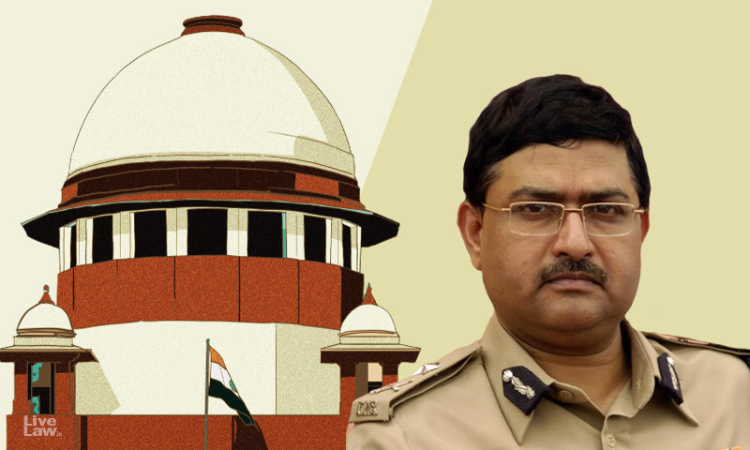The Supreme Court on Friday agreed to hear on May 18 the petitions filed by the NGO Centre for Public Interest Litigation(CPIL) challenging the appointment of Rakesh Asthana as the Commissioner of Delhi Police.Advocate Prashant Bhushan, appearing for the petitioner, made a mention of the case before a bench led by Justice DY Chandrachud. He submitted that the case status shows the matter to...

